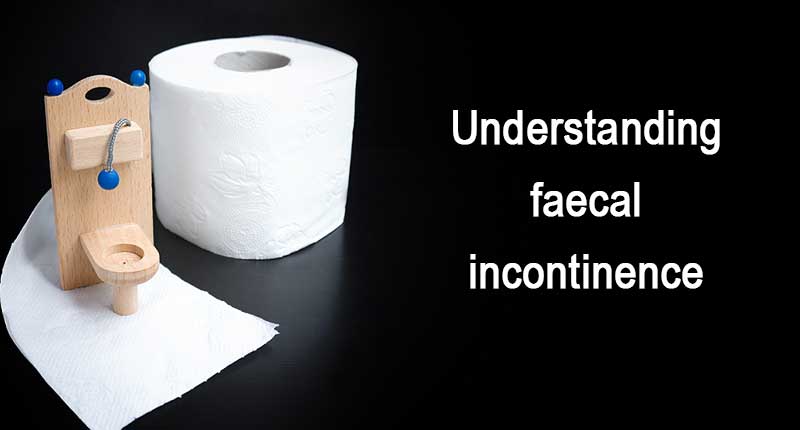 Any form of incontinence, though may not be fatal, can surely rob the life of the affected.
Any form of incontinence, though may not be fatal, can surely rob the life of the affected.
Faecal Incontinence (FI) is basically lack of control over defecation leading to involuntary loss of some or all of the bowel contents. This is a symptom and not a diagnosis. There can be several underlying reasons for FI including recent anorectal surgery, damage during childbirth, weakened sphincter, Irritable Bowel Syndrome (IBS), Chrohn’s disease, just diarrhea or neurological conditions such as Alzheimer’s and dementia. Luckily not too many people suffer from this. It is estimated that just over 2% of the adults suffer from faecal incontinence at some point in time and only 0.5 – 1% of adults experience regular FI.
While potential embarrassment is a major worry, there are more serious health concerns associated with FI over and above the underlying causes of the FI in the first place. As the skin around the anal region has prolonged contact with faecal matter, this can lead to maceration, which is the softening and whitening of the skin due to continues exposure to moisture. Additionally, because of the bacteria that flourish in the faecal matter, Urinary Tract Infections(UTI) become more common. Finally, especially in the case of bedridden people, bed sores (also called pressure ulcers) start forming rather frequently.
Use of adult diapers and their regular change can help mitigate some of the problems. Also regular cleansing and strict maintenance of hygiene can go a long way in reducing the chances of bed sore and related issues.
If you or your loved ones suffer from FI, do approach a Doctor at the earliest.
A note for those family members living with their elder parents or relatives: Many people suffering from FI are too embarrassed to discuss this problem and may be trying to quietly deal with the problems themselves. If you notice frequent and hurried visits to the toilet, reluctance to leave home, frequent washing of clothes, especially undergarments, stains on clothes and bed linen and smells associated with fecal matter, broach the subject with sensitivity and gently get them to allow you to take them to the Doctor.
 Any form of incontinence, though may not be fatal, can surely rob the life of the affected.
Any form of incontinence, though may not be fatal, can surely rob the life of the affected.
